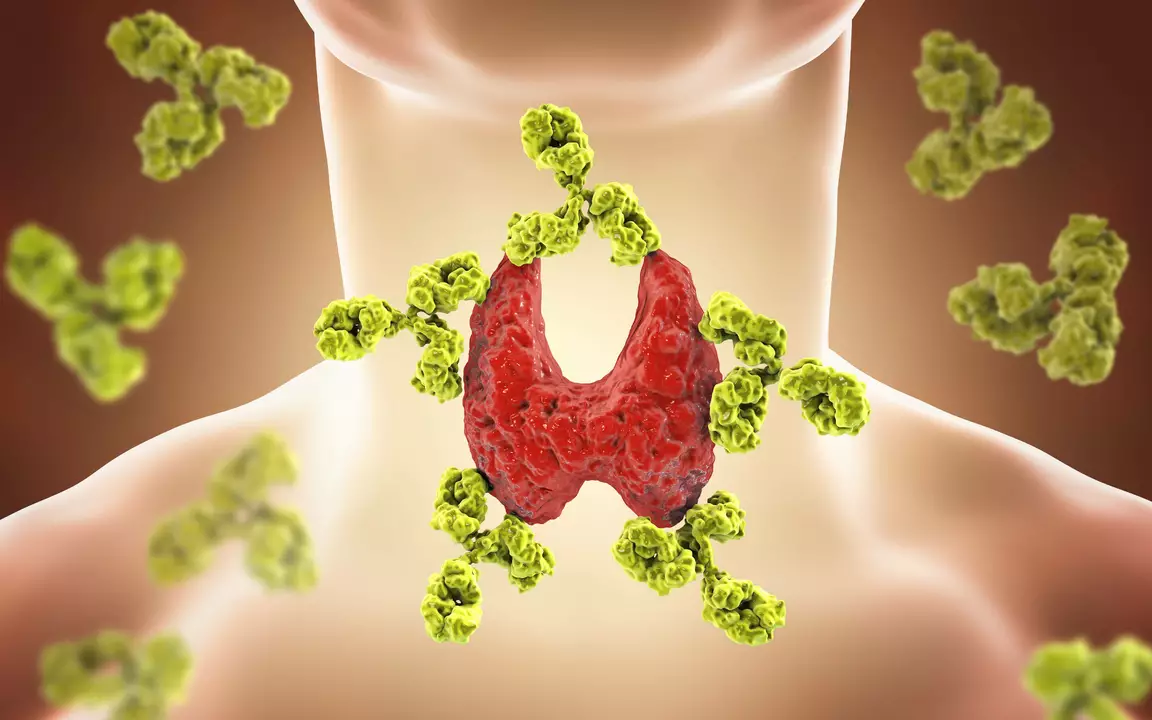Thyroid Cancer: What You Need to Know Right Now
Got a thyroid nodule or noticed a lump in your neck? Thyroid cancer is more common than many expect, but most types are very treatable—especially papillary thyroid cancer, which is the most common. This page helps you spot warning signs, understand likely tests, and know the treatment basics so you can ask better questions at appointments.
How thyroid cancer is diagnosed
First, your doctor will examine your neck and ask about symptoms like a persistent lump, voice changes, trouble swallowing, or neck pain. Blood tests check thyroid function (TSH) and sometimes calcitonin if medullary cancer is suspected. Neck ultrasound is the go-to imaging test—it shows nodule size, shape, and features that look suspicious.
If ultrasound looks concerning, the next step is fine-needle aspiration (FNA) biopsy. FNA uses a thin needle to collect cells from the nodule. Results may come back benign, suspicious, or indeterminate. With indeterminate results you might see a repeat FNA, molecular testing, or a diagnostic surgery to remove part of the thyroid for a clear diagnosis.
Treatment options & recovery
Surgery is the main treatment for most thyroid cancers. That could be removing one lobe (lobectomy) or the whole gland (total thyroidectomy). Many people go home after a short hospital stay. Ask about the risk of low calcium after surgery—parathyroid glands can be affected, and temporary calcium supplements are common.
Radioactive iodine (RAI) treatment is used after total thyroidectomy for some cancers to destroy leftover tissue. If your tumor is small and low-risk, RAI may not be needed. After removal, you’ll take levothyroxine for life; your doctor adjusts the dose to keep TSH in the target range.
For aggressive or advanced cancers (like anaplastic), treatment may include external beam radiation, chemotherapy, or targeted drugs that act on specific mutations. Medullary thyroid cancer often involves genetic testing because it can run in families; if a hereditary mutation is found, relatives may need screening.
Follow-up usually means periodic ultrasounds and blood tests such as thyroglobulin for most differentiated cancers. That’s how doctors watch for recurrence. Practical tip: bring a list of questions, take notes or record the visit if allowed, and have someone come with you to help remember details.
Risk factors include childhood neck radiation, family history, and certain genetic syndromes. You can’t prevent all cases, but early checks for lumps and prompt evaluation of persistent symptoms make a real difference. If you notice warning signs or feel worried, talk to your primary doctor or an endocrinologist today.
Many patients do well. For example, papillary thyroid cancer often has a 10-year survival rate above 90% when treated early. Keep copies of your scans and lab results, and tell your team about new symptoms like swelling or hoarseness. Support groups and nurse helplines can help with practical questions and recovery tips.
The Connection Between Hashimoto's Disease and Thyroid Cancer
In my recent research, I've discovered a significant connection between Hashimoto's Disease and thyroid cancer. Hashimoto's is an autoimmune disorder that attacks the thyroid gland, often leading to hypothyroidism. Studies have shown that individuals with Hashimoto's Disease are at a higher risk of developing thyroid cancer, specifically papillary carcinoma. It's crucial for those with Hashimoto's to have regular check-ups with their doctors and closely monitor their thyroid health. By staying vigilant and proactive, we can better manage our health and reduce the risk of developing thyroid cancer.
View more
